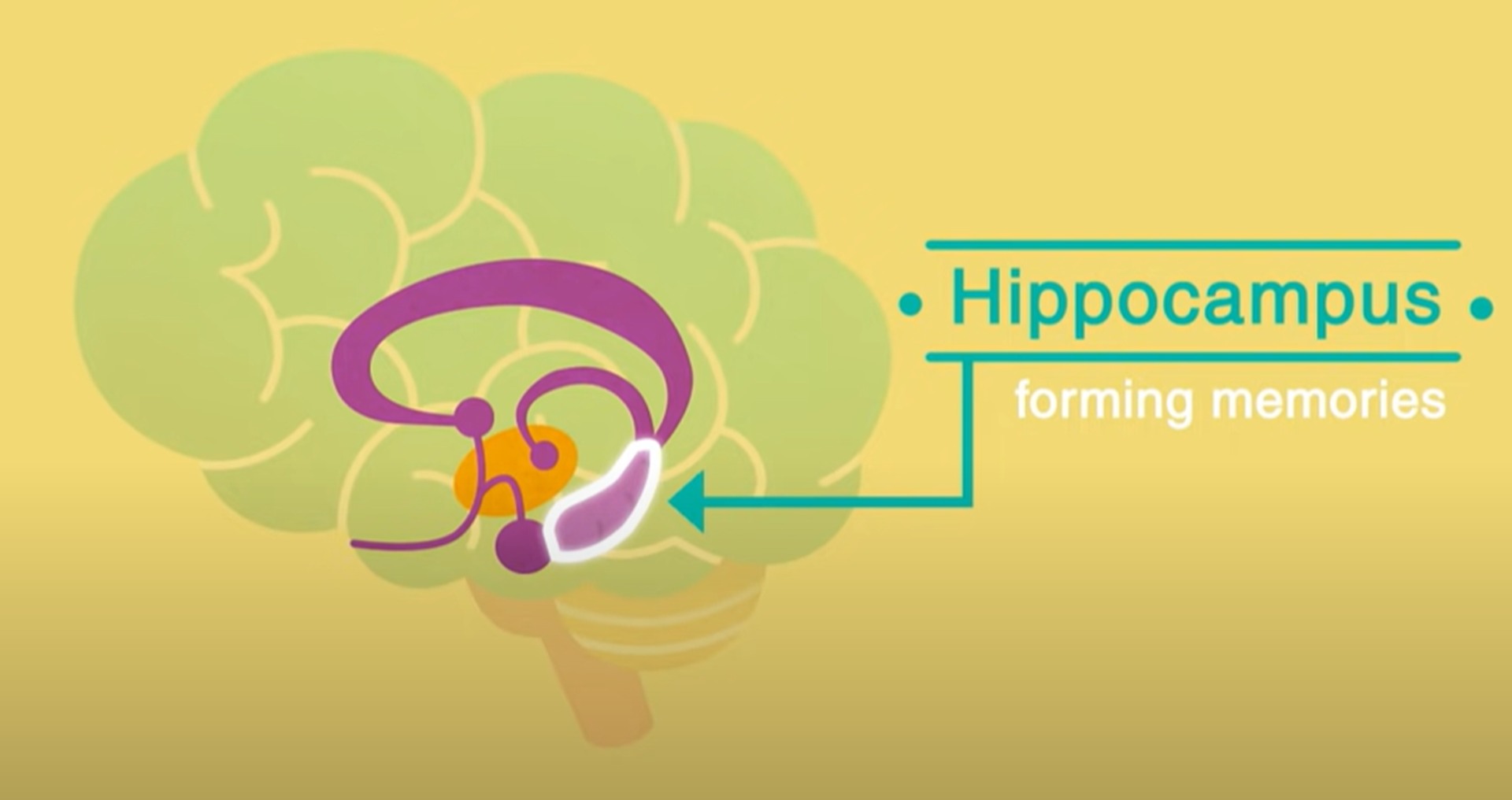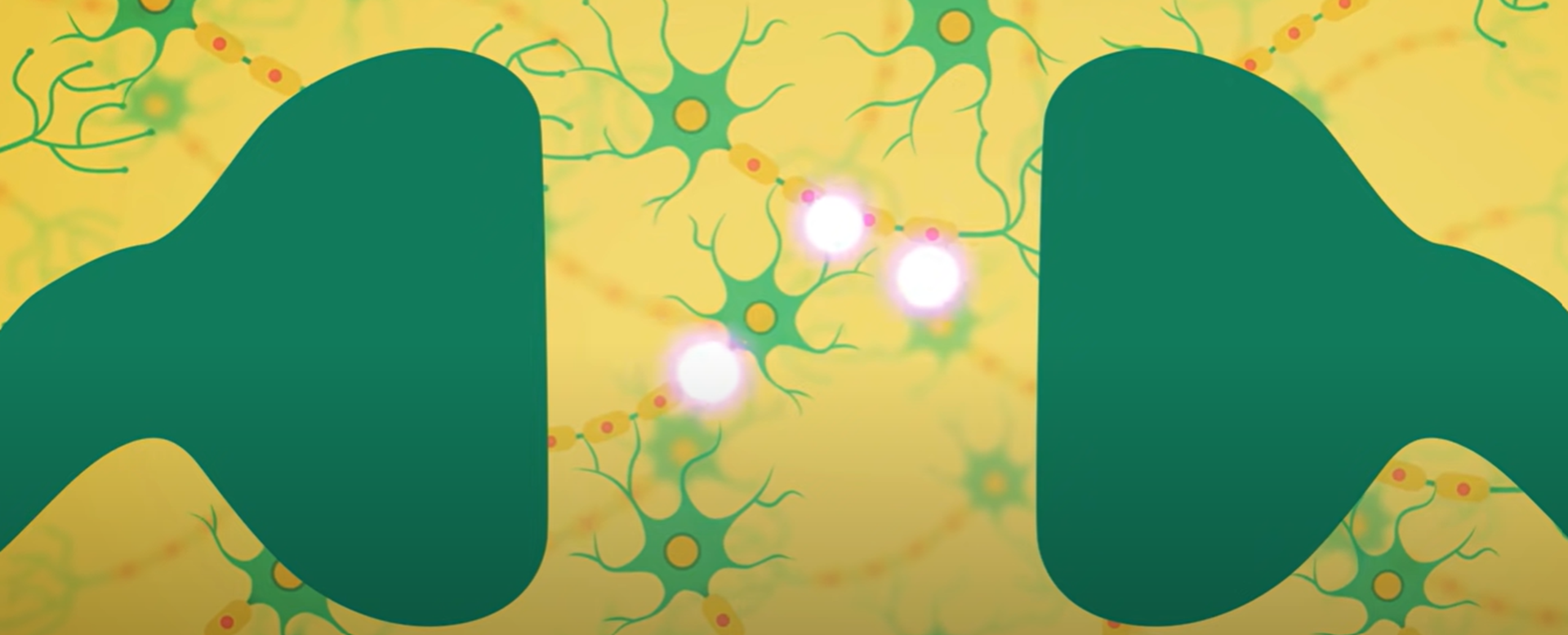World Alzheimer's Month | What is Alzheimer's ?
Published: 01/09/2023
World Alzheimer's Month is a global opportunity to raise awareness, educate, encourage support of and demystify dementia.
What is Alzheimer's ?
Alzheimer’s diseases is thought to be caused by the formation of abnormal deposits of proteins – these proteins are called plaques and tangles. The proteins function abnormally and damage the nerve cells causing the cells to die - when this process occurs, the brain shrinks.

The hippocampus is affected first, and this is the part of the brain that is responsible for memory. Older memories last longer and they depend less on the hippocampus, this is why short term memory loss is more prominent.
The amygdala in the brain is responsible for emotions and is affected later. Individuals can find it easier to recall the emotion they felt during the particular memory better than recalling the details of the memory itself.
We have over 100 neurotransmitters, each playing a different role. The chemical messengers carry signals to other cells to trigger a response, such as the release of dopamine or serotonin and regulating functions including mood, sleep and appetite.
We have over 100 neurotransmitters, each playing a different role. The chemical messengers carry signals to other cells to trigger a response, such as the release of dopamine or serotonin and regulating functions including mood, sleep and appetite.
The brain of a person with Alzheimer’s has lower levels of a particular neurotransmitter which allows the passing of messages between nerve cells. A neurotransmitter Acetylcholine plays a role in memory, motivation and attention.

The lower levels of these neurotransmitters means communication of the messages is less effective, this causes trouble with memory and thinking for the individual.
Alzheimer’s is a progressive disease; this means that over time things become harder to remember and emotions become harder to control whilst also more difficult to express.
There are medications that aim to increase the neurotransmitters in the remaining cells in the brain, whilst other medications help slow down the breakdown of the neurotransmitter Acetylcholine, this helps to preserve brain function. As well as medication, finding new ways to cope with memory loss is important, such as using sticky notes around the house or keeping a calendar up to date, or the use of electronics such as medication reminders.
World Alzheimer's Month
The Alzheimer’s society report was conducted in 2022 and used the views and experiences of over 2,000 people affected by dementia, Left to Cope Alone: The unmet support needs after a dementia diagnosis, shows that people need comprehensive support that encompasses medical, emotional and social wellbeing. Yet these needs are not being met in a consistent and timely way.
This is why Alzheimer's Society has committed to work with partners on global research and campaigning, as well as sharing learning, best practice and experience with one another.
World Alzheimer’s Month is an opportunity for those with a diagnosis, their carers, professionals, press and media and communities to work together to raise awareness of the realities of Alzheimer’s, while combating the stigma and misinformation.
